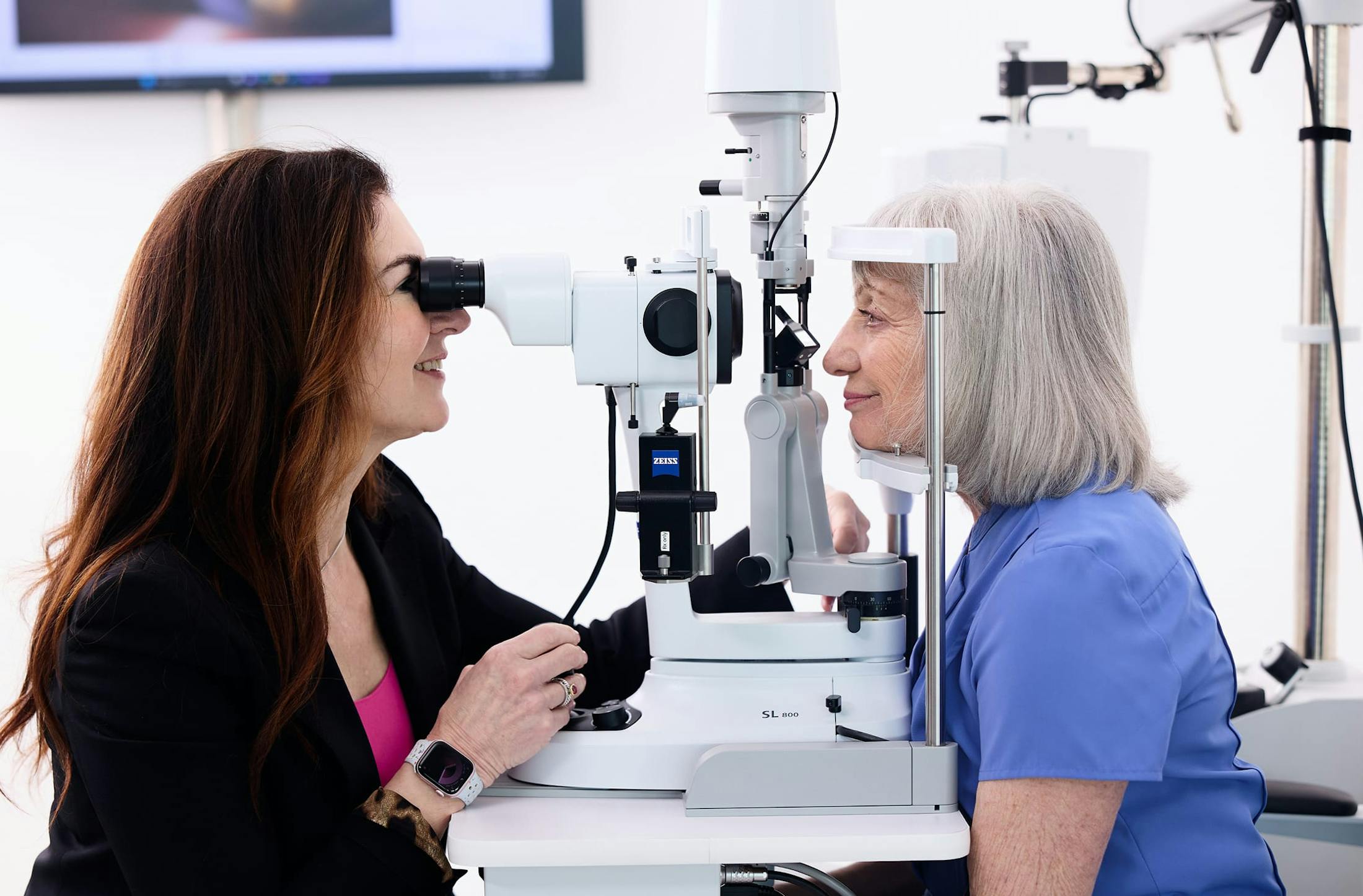Preserve and stabilize your vision with corneal cross-linking in Seattle and Bellevue, a breakthrough treatment that strengthens the cornea and slows the progression of keratoconus.
The Benefits of Corneal Cross-Linking
- Slows or Stops the Progression of Keratoconus: Corneal cross-linking in Bellevue strengthens the cornea and helps prevent worsening vision and the need for a transplant.
- Minimally Invasive with a Quick Recovery: The treatment takes about 30-60 minutes and is performed in-office with a relatively short healing period.
- Preserves Natural Corneal Tissue: Unlike corneal transplant surgery, cross-linking works by reinforcing the cornea rather than replacing it.
- Improves Corneal Stability & Vision Clarity: Many patients experience better vision correction with glasses or contact lenses after treatment.
- Reduces the Risk of Severe Vision Loss: Early intervention can help maintain functional vision and avoid major complications.
- Safe & Clinically Proven: Corneal cross-linking in Seattle is FDA-approved and widely recognized as the gold standard for treating progressive keratoconus.











